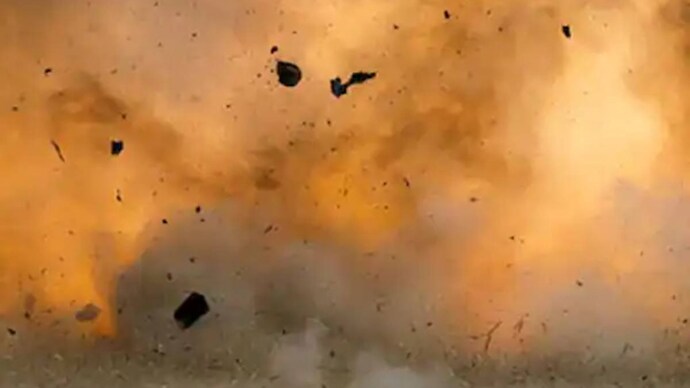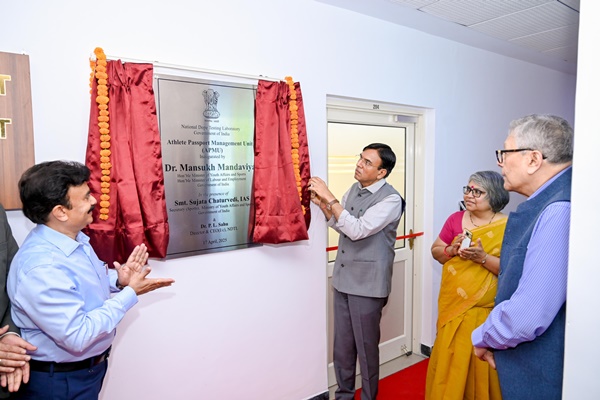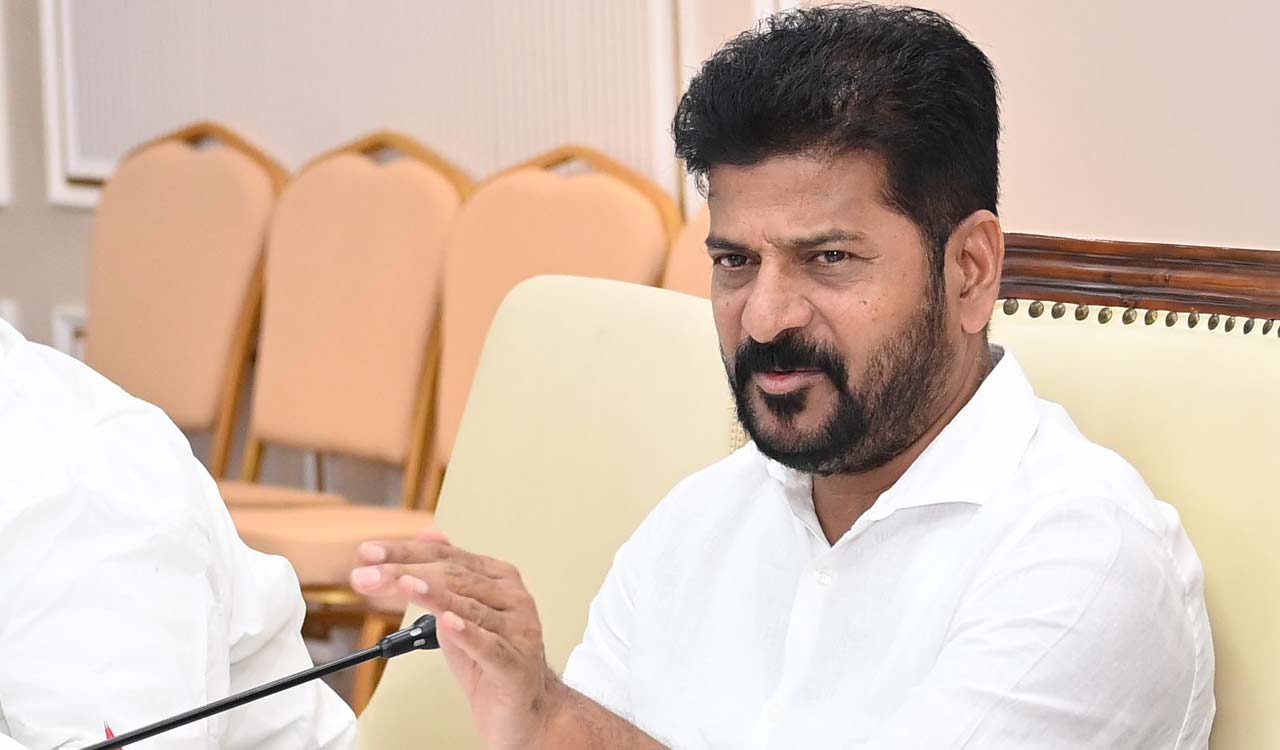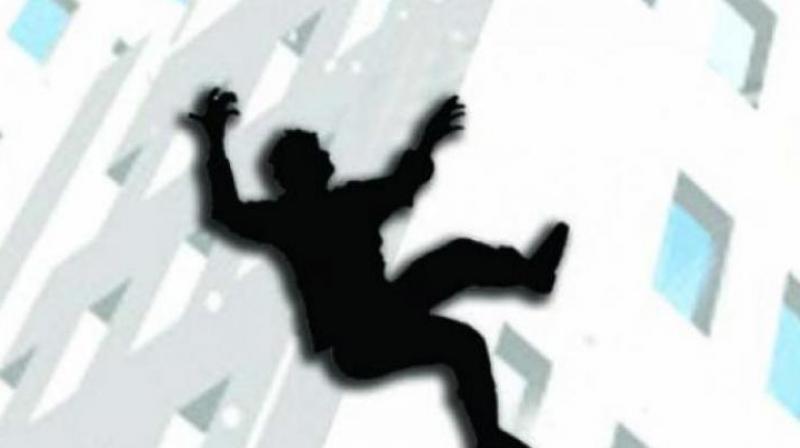UN aiding Palestinians amid escalating violence
Sat 15 May 2021, 11:32:07
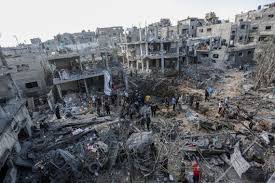
New York: The UN, in the face of escalating violence between Israel and militants in the Gaza Strip and rising casualties, is aiding as many people in the Palestinian territory in need as possible.
The UN Office for the Coordination of Humanitarian Affairs (OCHA), citing its partners, reported on Friday that civilian infrastructure damage in the Gaza Strip includes more than 20 schools, reports Xinhua news agency.
The North Gaza Seawater Desalination Plant, serving more than 250,000 people, is still not operating due to the risk to workers and a damaged electrical supply line, the humanitarians said.
An estimated 2 million people live in Gaza and about 3 million more live in the West Bank.
Because of limited fuel reserves in Gaza, there are now daily, rolling electrical power cuts of eight to 12 hours per day, OCHA said.
Another 230,000 people from Gaza City and Khan Younis have limited access to piped water because of the increasing power cuts and damage to electrical networks.
The humanitarians have reported hundreds of homes housing more than 1,000 people
are damaged.
are damaged.
More than 12,000 people reportedly seek shelter from the fighting.
Many are in schools run by the UN relief agency for Palestine refugees known as UNRWA.
The agency opened 29 schools as emergency shelters for about 10,000 displaced people.
UNRWA and humanitarian partners are providing food, water and non-food items for them, said OCHA.
The UN is concerned that displaced people crowding into schools increases the risk of spreading Covid-19.
In the West Bank, the world organisation is concerned about reports of violent incidents resulting in casualties among Israeli security forces and Palestinians.
The UN and humanitarian partners have provided non-food items and cash support to displaced families.
The unimpeded movement of humanitarian goods and personnel is essential, OCHA said.
The humanitarian response plan for the occupied Palestinian territory, calling for $417 million to help 1.8 million vulnerable people, is only 29 per cent funded, it added.
No Comments For This Post, Be first to write a Comment.
Most viewed from International
Most viewed from World
AIMIM News
Latest Urdu News
Most Viewed
May 26, 2020
Do you think Canada-India relations will improve under New PM Mark Carney?
Latest Videos View All
Like Us
Home
About Us
Advertise With Us
All Polls
Epaper Archives
Privacy Policy
Contact Us
Download Etemaad App
© 2025 Etemaad Daily News, All Rights Reserved.


.jpg)
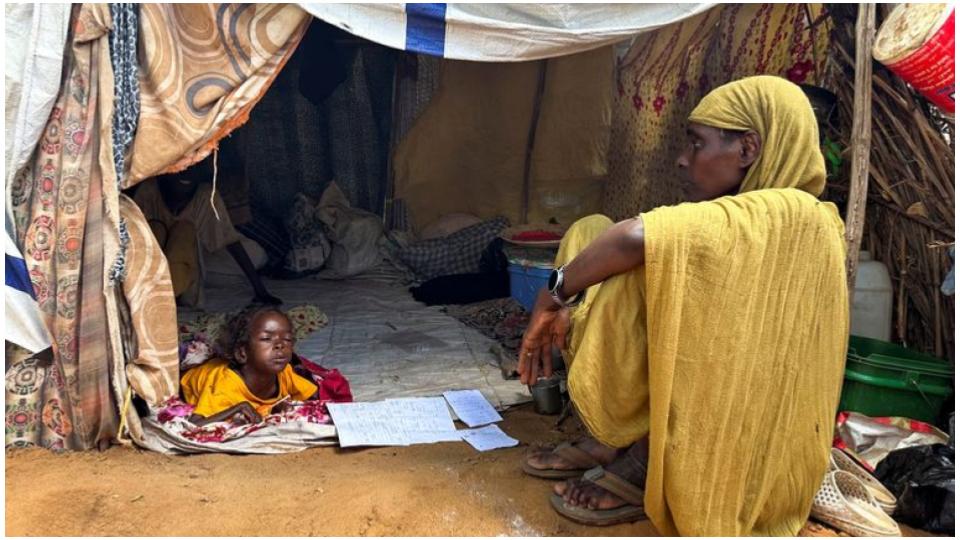




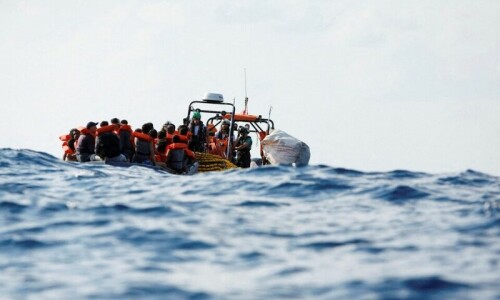

.jpg)
.jpg)
.jpg)




